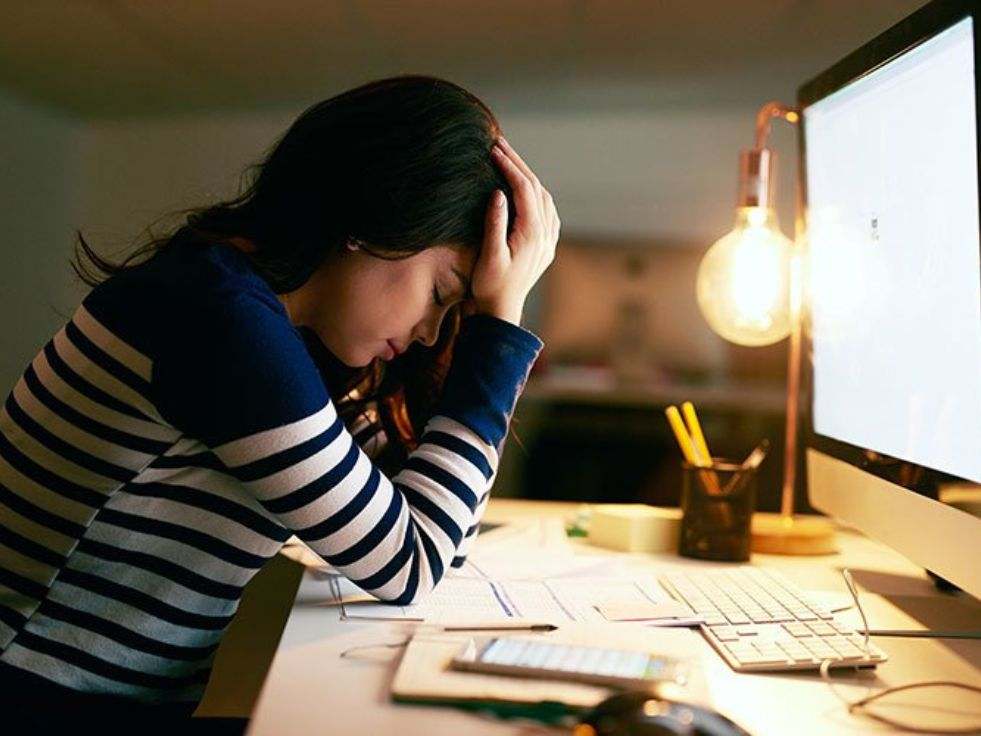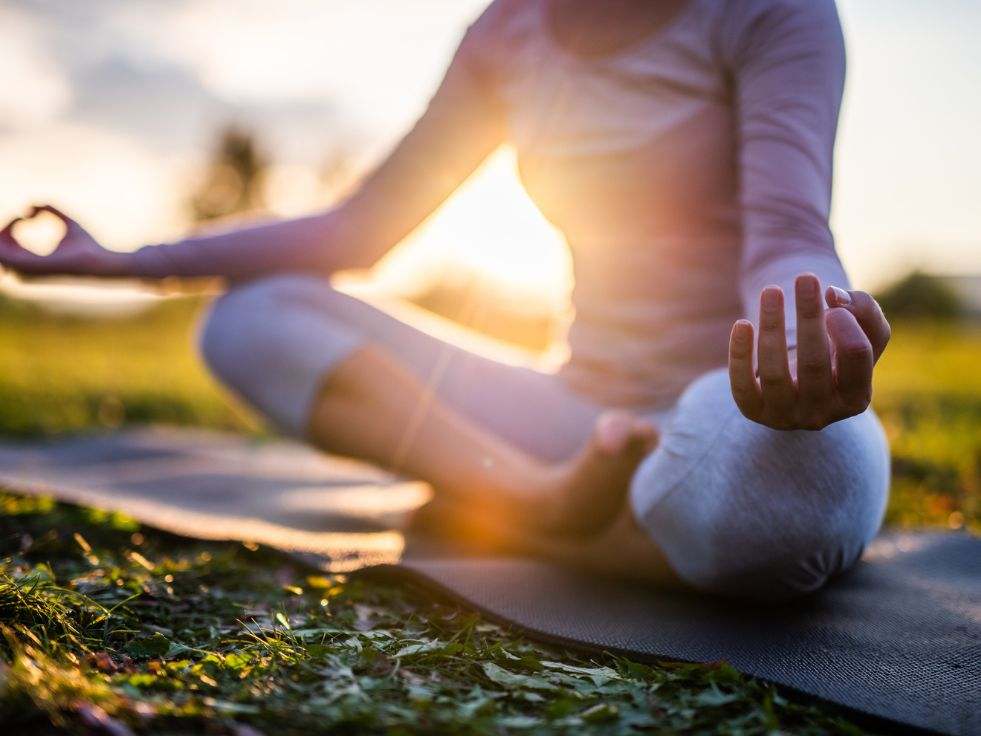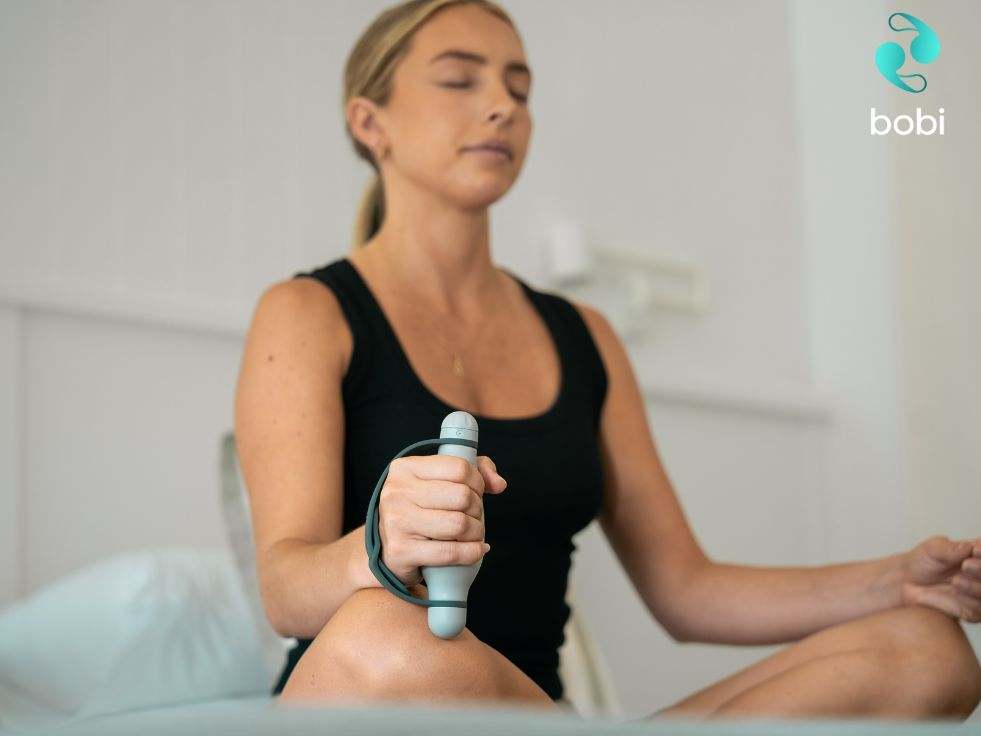
In my years of experience as a psychologist, I have seen firsthand how stress can damage our daily lives’ sense of peace and well-being without coming to much notice. Our daily lives are filled with deadlines, demands, and a constant digital buzz, and there are high chances of feeling stressed. However, finding how to relax after a stressful day can make things much more accessible and lighter, enhancing our overall mood and general well-being.
Relaxation consists of multiple factors, including the environment we cultivate at home and habits we nurture to maintain inner peace. The key is harnessing the most potent methods to attain relaxation using the right tools and techniques. That’s why, through bobi, I wanted to offer a tool and a companion that targets high-performance factors in your daily relaxation rituals. Let’s explore how understanding stress and effective relaxation techniques can change your stress management routines, and give you a genuine option for how to relax after a stressful day.
I recognize that stress is more than just an emotional response; it is a signal from our body that it needs attention and care. It is how our body reacts to challenges and demands. It can be beneficial in the short term, preparing us to face immediate threats. However, if stress becomes a constant part of your life, it can cause significant health implications and affect your life profoundly.
When we face stress, our sympathetic nervous system is activated, and our body releases stress hormones such as adrenaline and cortisol. These hormones prepare us for a quick response, increasing blood pressure, heart rate, and energy supplies. Having this “fight or flight” mode is essential for our survival. However, in this modern age, when the triggers of stress can be constant and varied, being in this state too frequently is harmful.
As per the American Psychology Association, chronic stress, to which all of us are very susceptible due to the fast pace of the modern world, can cause a lot of health problems at every level. It is one of the main reasons for anxiety, depression, heart disease, and many other health conditions. It can disrupt sleep, affect mood and relationships, and influence cognitive features like memory and concentration.
In my practice and through the development of bobi, my goal is to bridge the gap between stress management awareness and providing a practical, accessible solution to everyone. Stress can be a part of life for all of us, but how we manage and deal with it makes all the difference.
Thoughtful breathing is the best relaxation method after a stressful day, and bobi integrates it with other methods. In addition to the innovative approach of bobi, several strategies can complement your journey towards a more relaxed state of being after a stressful day. From my experience, a holistic approach consisting of physical, nutritional, and environmental elements to create a relaxation routine works best for stress management.
The research is overwhelming; physical exercise is a powerful stress reliever. Regular exercise can reduce stress hormones like cortisol and stimulate endorphins, the body’s natural mood elevator hormone. So, exercise helps not just with physical health but also with mental wellbeing. You can do any exercise you enjoy, like a brisk walk, a yoga session, or a robust workout, and it’ll serve as a powerful tool in your relaxation toolkit.
What we eat directly impacts our mood and energy level. We can eat comfort foods in stressful times, but these are quick fixes and don’t work long-term. The solution is to have a diet rich in fruits, vegetables, lean proteins, and whole grains to stabilize mood and energy. Moreover, staying hydrated and limiting high caffeine and sugar intake can keep a check on stress levels.
Sleep and stress have a bidirectional relationship; high stress causes poor sleep, which causes high stress, which impacts how to relax after a stressful day. Therefore, a healthy sleep routine of 7-9 hours can boost your stress resilience. Moreover, a relaxing bedtime routine like reading, meditating, or using bobi to guide your breath can help your mind and body sleep peacefully at night.

The environment is one of the most influential factors affecting your peace of mind and relaxation, and most of your relaxing and peaceful time is spent at home. So optimizing your home environment for relaxation helps a lot.
What you see, hear, and smell in your home can all contribute to a calming atmosphere. Soft lighting, peaceful sounds, and pleasant aromas can signal your brain that it’s time to unwind. By developing a physical memory and habit of relaxing, you’ll automatically feel better at home after a stressful day. Personal touches that bring you joy, such as photos of loved ones, artwork, or plants, can also enhance the tranquility of your space.
All these techniques help you mitigate the effects of a stressful day and enhance your quality of life. Although these strategies are effective to some extent, they require much energy in the first place to set things up and refrain from actively engaging with you physically or mentally. That’s where bobi comes in.
While exploring various strategies for stress relief, bobi stands out as a unique and effective tool designed to enhance your relaxation routine. Drawing from my expertise in psychology and a deep understanding of the physiological responses to stress, I designed bobi to be more than just a device; it’s a companion in your journey towards achieving a state of calm and tranquility.

bobi utilizes the principles of optimal breathing to help you manage stress and anxiety. By guiding you through your body’s innate breathing pattern, bobi encourages your body to shift from the stress-induced “fight or flight” mode to a more relaxed “rest and digest” state. This transition is facilitated by stimulating the parasympathetic nervous system, reducing heart rate and blood pressure, and fostering a sense of calm. The tactile and visual feedback bobi provides is a gentle, constant reminder to breathe deeply and mindfully through the nose, helping to alleviate stress and enhance your mood.
One of the most profound benefits of using bobi is improving sleep quality. Proper breathing techniques, especially before bedtime, can significantly influence your ability to fall and stay asleep. Using bobi to guide your breathing encourages your mind and body to relax, making it easier to drift into a deep, restorative sleep. The calming effect of controlled breathing helps in falling asleep faster. It also contributes to a more peaceful night’s sleep, allowing you to wake up refreshed and rejuvenated.
Incorporating bobi into your evening routine can transform your relaxation and stress management approach. Its design, based on solid psychological principles and an understanding of human physiology, makes bobi an invaluable tool for anyone looking to enhance their wellbeing. Whether you’re winding down after a long day, seeking to improve your mood, or aiming for a better night’s sleep, bobi provides a simple, effective way to achieve a more relaxed state of being.
In today’s complicated world, it’s essential to understand and handle stress. As the founder of bobi and a psychologist deeply invested in the mental wellness of individuals, I’ve witnessed the transformative power of integrating mindful breathing and relaxation techniques into daily life. bobi isn’t just a result of my knowledge in psychology; it reflects my dedication to creating a world where everyone can easily relax and manage stress. Get your bobi from here.

Destressing in 5 minutes is possible with focused, intentional practices. One effective method is to engage in deep breathing exercises, which can quickly help reduce tension and promote relaxation. A device like bobi can enhance this experience by providing tactile and visual cues to guide your breathing.
To calm anxiety, start with deep breathing exercises like the 4-7-8 method: breathe in for 4 seconds, hold for 7, and exhale for 8. A device like bobi can guide you through this. For long-term relief, focus on regular exercise, a balanced diet, sufficient sleep, and mindfulness. If anxiety continues, consider consulting a mental health professional for further support.
A: While individual experiences may vary, many users feel more relaxed and notice improved sleep quality within the first few weeks of consistent use.
A: Absolutely. bobi is designed to complement other relaxation and stress management practices, enhance their effectiveness, and provide a holistic wellness approach.
Stay updated on what's happening at bobi, and all things breathing, anxiety and mental wellness.